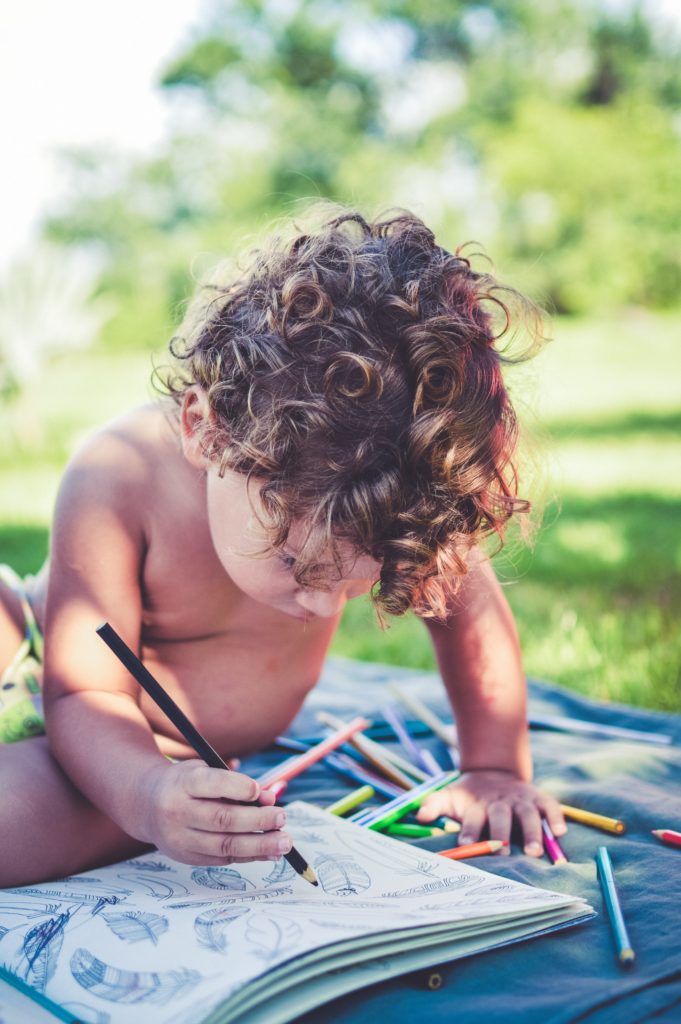Start Young

We all start out as natural linguistics
To raise bilingual children, we need to start early, and preferably before our child sets foot in school. Anyone at any age can learn multiple languages. However, it is easiest for young children to pick up native accents. For this reason, the best time to introduce another language is between the newborn stage and up to 6 years old. Family members can also be great help because language is rooted in traditions and culture.
As babies, we can hear all of the 600 consonants and 200 vowels that make up the world’s languages. Within our first year, our brains begin to specialize, tuning into the sounds we hear most frequently. Infants already babble in their mother tongue. Even newborns cry with an accent, imitating the speech they heard while in the womb.

Young children excel at listening to native speakers and imitating them. It is astounding how much they learn in such a short time. This ability isn’t only geared toward their native tongue, they can do it with any language they have exposure to. That’s in part because they use sections of the brain that have to do with language acquisition. That section stops growing as fast around the age of 11. That doesn’t mean a person can’t learn a second language then, just that it becomes more difficult to do so.
Create exposure
Without exposure to their new language, a child will never catch on to more than basic vocabulary words. While they may be able to memorize simple things like how to count to 10, their skills will never be given the chance to grow. And when it comes to foreign languages, if you don’t use it, you lose it. So, they will need a place where they are encouraged to speak in their new language, as well as finding someone who is able to take their lessons to the next level.

Make it fun
One sure way to get them excited about learning another language is by making it fun. Kids learn everything much easier and with less effort when they are playing and having fun. There is no force. It comes naturally. Making language learning fun will keep your child interested and motivated to keep learning or practicing your target language. So, Sing, dance, and play your way through language instruction and they won’t even understand they’re secretly honing a new skill. Use theater, a puppet show that only speak the second language. Read books your child loves. Learning a language is not something that happens overnight, it takes time. Children learn faster though, when they enjoy what they are doing, and having fun.


Hi, this is a comment.
To get started with moderating, editing, and deleting comments, please visit the Comments screen in the dashboard.
Commenter avatars come from Gravatar.